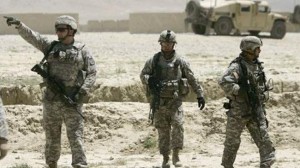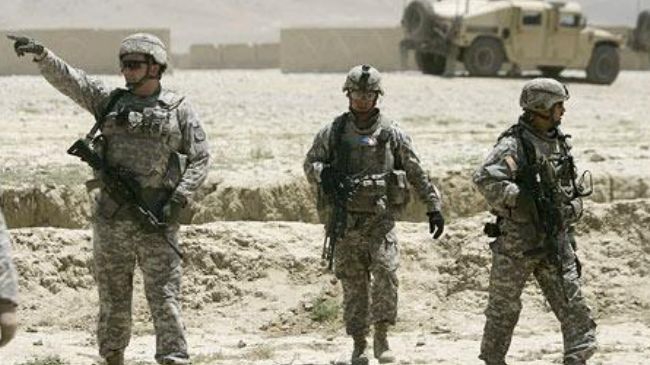 Iran�s Ambassador to Moscow Reza Sajjadi says regional convergence and the withdrawal of foreign military forces from Afghanistan will help the war-torn country overcome its many woes.
Iran�s Ambassador to Moscow Reza Sajjadi says regional convergence and the withdrawal of foreign military forces from Afghanistan will help the war-torn country overcome its many woes.�Given the [expected] important developments in Afghanistan in 2014, the Islamic Republic of Iran considers the strengthening of regional convergence and an end to the presence of foreign military forces in Afghanistan as the most important approach to helping this country,� Sajjadi said on Wednesday.
�The main concerns regarding Afghanistan include the increasing growth of insecurity and violence, a considerable increase in various types of organized crime including an increase in the production, trade and smuggling of narcotics, the killing of defenseless people and civilians, the out-of-place interference of foreign military powers, the spread of manifestations of terrorism and extreme fundamentalism and the continuation of the presence of foreign forces in this country,� the Iranian envoy added.
Iran believes that the military presence of foreign powers and their emphasis on militarism have caused the crises in Afghanistan, he added.
He noted that terrorism, fundamentalism and illicit drugs have turned into a pervasive threat to the entire region following repeated mistakes by foreign military powers in Afghanistan.
The Iranian envoy emphasized that Tehran welcomes the withdrawal of foreign forces from Afghanistan in 2014, saying these troops should fulfill all their commitments about the war-stricken country.
The presence of foreign powers or military bases in Afghanistan would never contribute to the establishment of peace in the country or the region but would rather fuel insecurity and extremism, Sajjadi pointed out.
He expressed Iran�s readiness to hold consultations with all regional countries about the issue of Afghanistan, saying the Islamic Republic would spare no effort to establish stability in its neighbor to the east.
The United States and its allies invaded Afghanistan in 2001 as part of Washington�s so-called war on terror. The offensive removed the Taliban from power, but insecurity remains high across the country.
Many civilians have lost their lives in US-led operations in various parts of Afghanistan over the past months, with Afghans becoming increasingly outraged at the seemingly endless number of deadly assaults.
Afghanistan and the US signed a strategic partnership agreement in May 2012, which would allow the US to keep some military bases in Afghanistan after its key forces withdraw from the country in 2014.
The administration of US President Barack Obama is contemplating a plan to keep up to 9,000 US soldiers in Afghanistan to conduct what it calls counter-terrorism operations and provide assistance to Afghan forces.
The US has stressed, though, that in order to keep the forces post-2014, Afghanistan must grant the US forces immunity from legal prosecution, a demand Kabul has refused to gratify so far.
By Press TV
The Iran Project is not responsible for the content of quoted articles.











